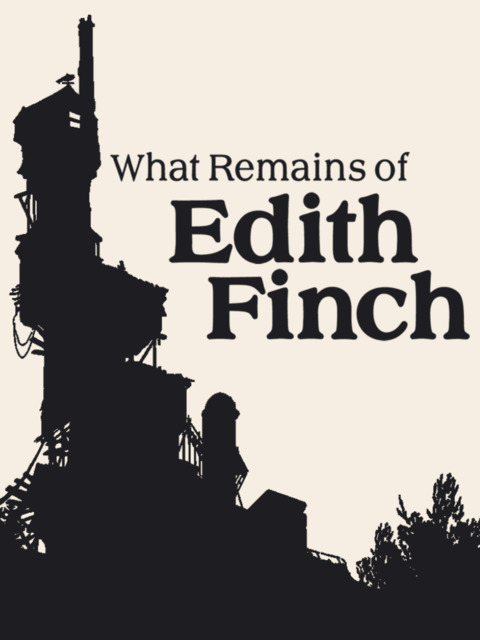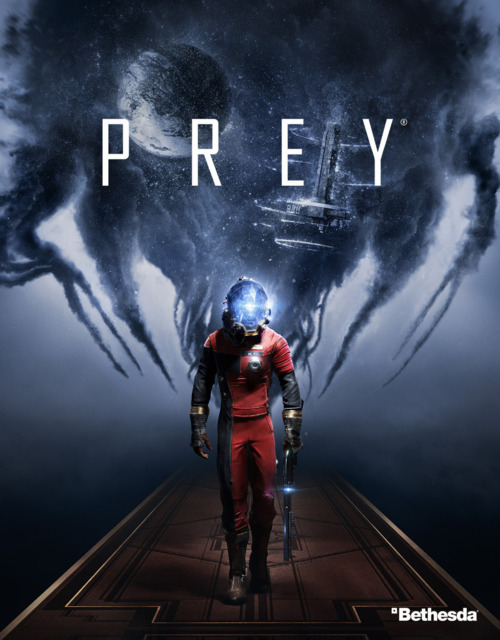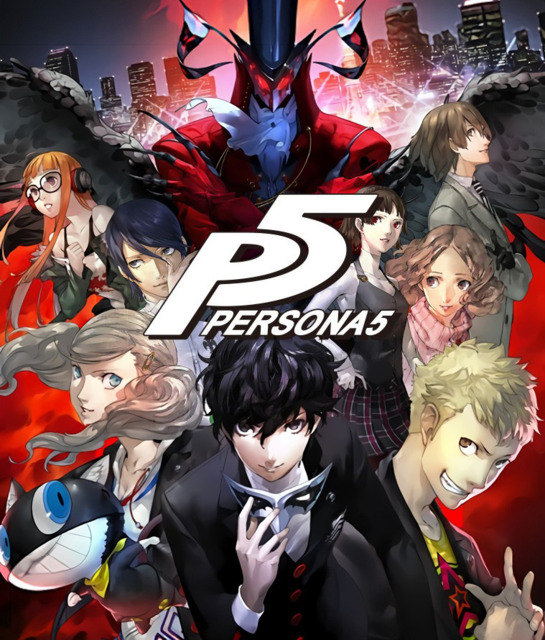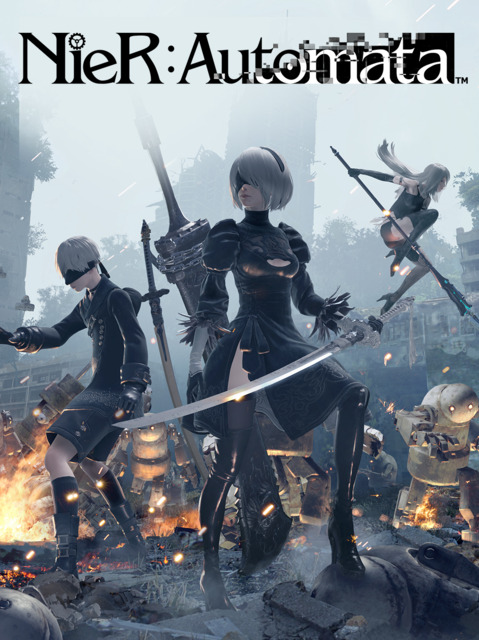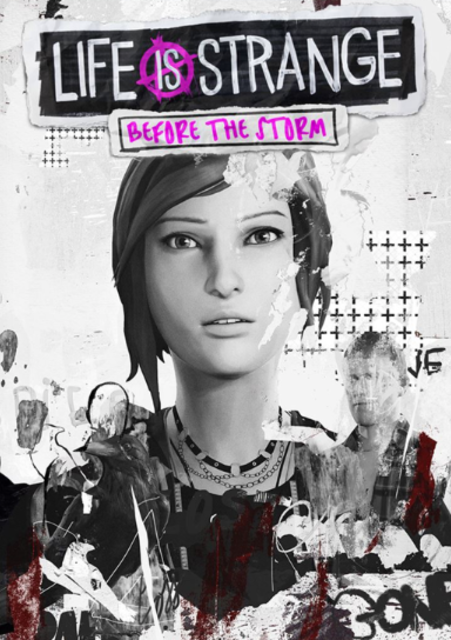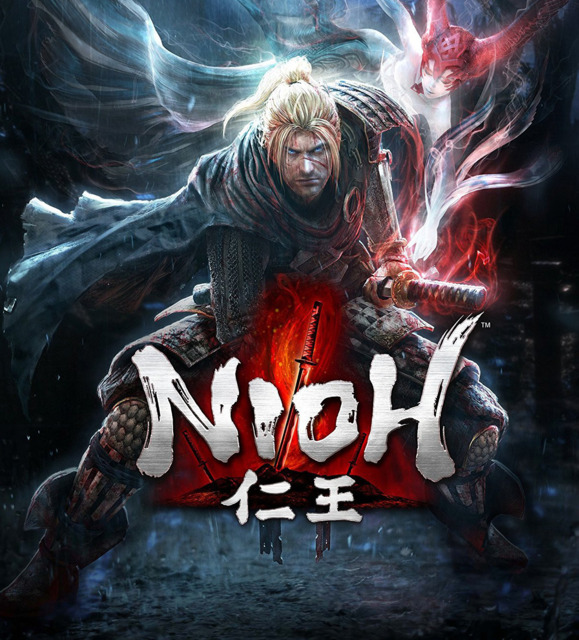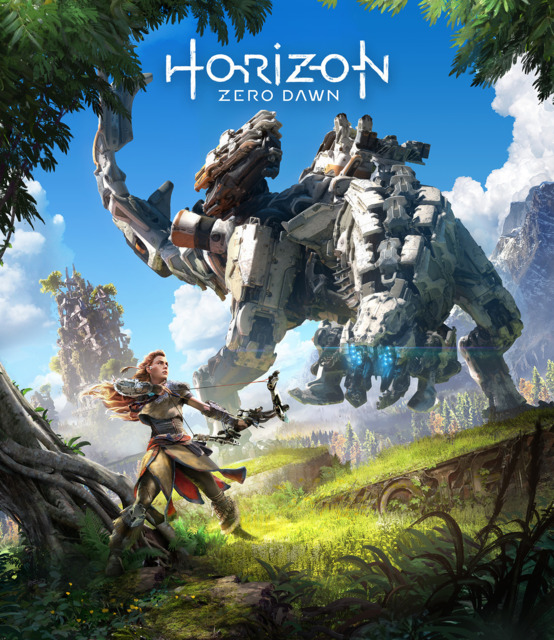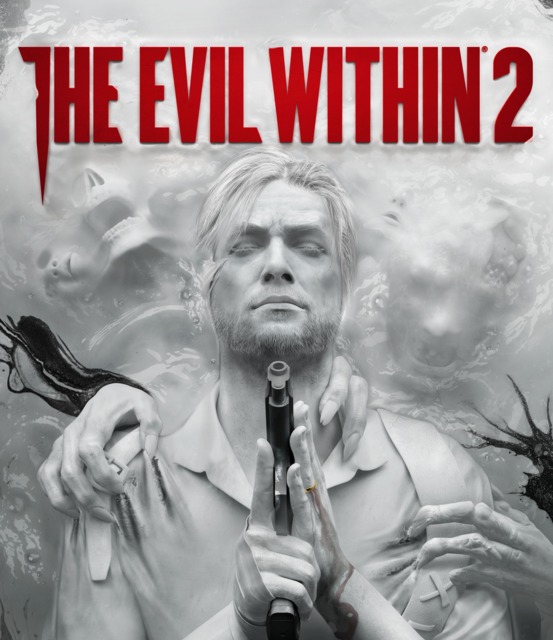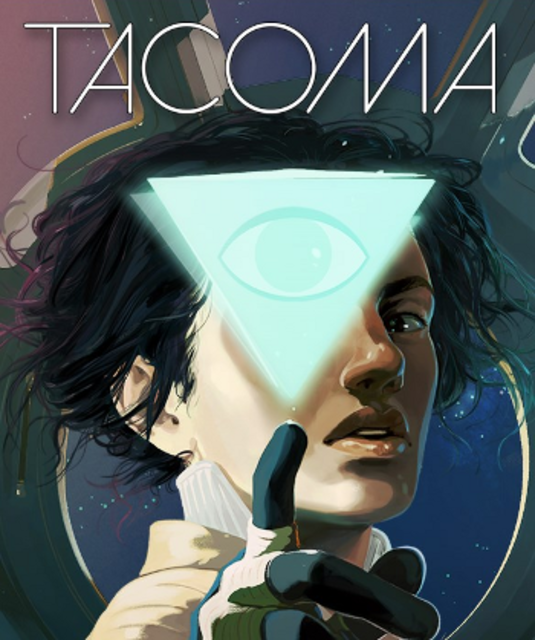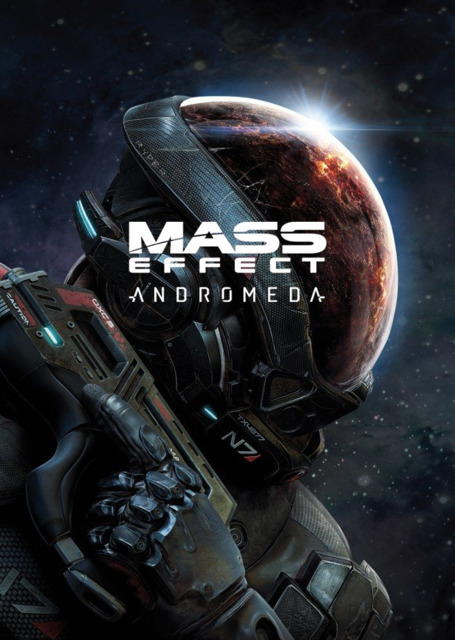GOTY 2017
2017 was an undeniably great year for video games, but I had a rough time forming this list. This was due to both a lack of funds to spend on games and a complete dislike or disinterest of some of the year’s biggest games, such as Resident Evil 7 and Playerunknown’s Battlegrounds. Also, a few of my favorite games from this year don’t qualify for the list under my standards (for example, FFXIV’s expansion Stormblood and Final Fantasy XII). Until about a month ago, I didn’t even have 10 games to fill my list. Some last-minute acquisitions managed to impress me, though, and I managed to squeak in under the deadline. Here are the games I enjoyed most in 2017.

